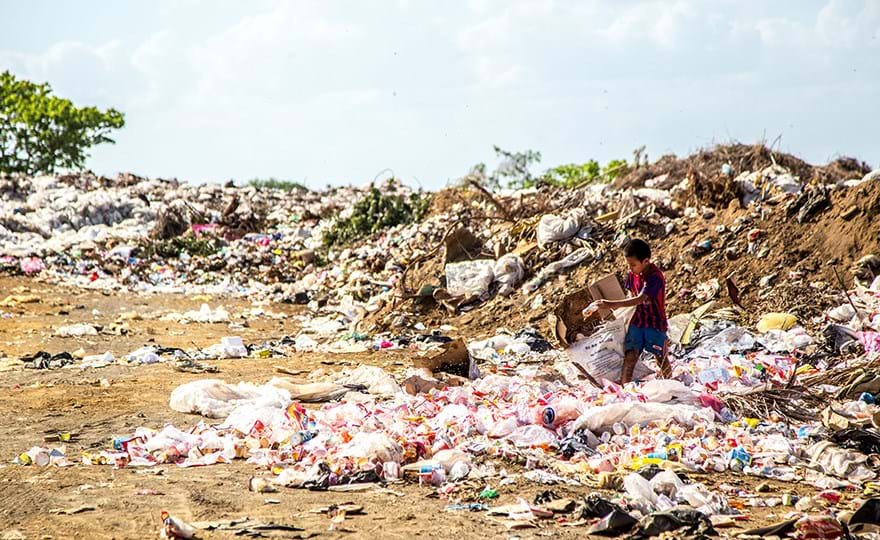ClientEarth Communications
26th July 2018


Major companies face serious material business risks for their involvement in creating plastic waste, a new report shows.
The report Risk unwrapped: Plastic pollution as material business risk, launched today, details four types of business risk that companies may be exposed to and sets out the legal obligations on their directors to take action to deal with these risks.
These include companies facing significant transition risks from fast-moving regulation, as well as major reputational damage for being perceived to be exacerbating the plastic crisis.
The report’s author, ClientEarth wildlife lawyer Tatiana Lujan, said: “With the amount of plastic waste literally choking our marine environment, there are serious risks for companies that don’t move fast enough in responding to the business risk associated with plastic waste.
“Governments are acting really quickly on regulation and companies in general are unprepared. Within the space of a few months, we’ve already seen outright bans on single-use products and higher recycling targets as well as proposals for new taxes and expensive ‘polluter pays’ type schemes.
“Earlier this year the share price of European packaging producer RPC fell 15% over fears of potential plastic regulation. And with as much as three quarters of company value tied to reputation, brand damage is a significant risk for plastic-intensive companies unresponsive to their consumers, shareholders and investors.”
The four main areas of material business risk include:
Read the full report: Risk unwrapped: Plastic pollution as material business risk
Lujan added: “Currently plastic waste is an externality for most companies, with society and the natural world bearing the burden of plastic pollution. Little thought is given to things like packaging once the product it contained has been consumed and profits generated for its creator.
“However, this is changing and plastic-intensive companies need to be prepared for transitional, reputational, physical and legal risks from their involvement in the plastic pollution crisis.”
The report reminds companies that the law requires them to manage and disclose these risks. It also recommends that existing corporate governance, risk management and disclosure practices be revisited to ensure corporate regulation keeps up with the public and political momentum demanding action to reduce plastic pollution.
Lujan will present the findings of the report during a speech on the topic at a Klosters Forum event today in Switzerland.